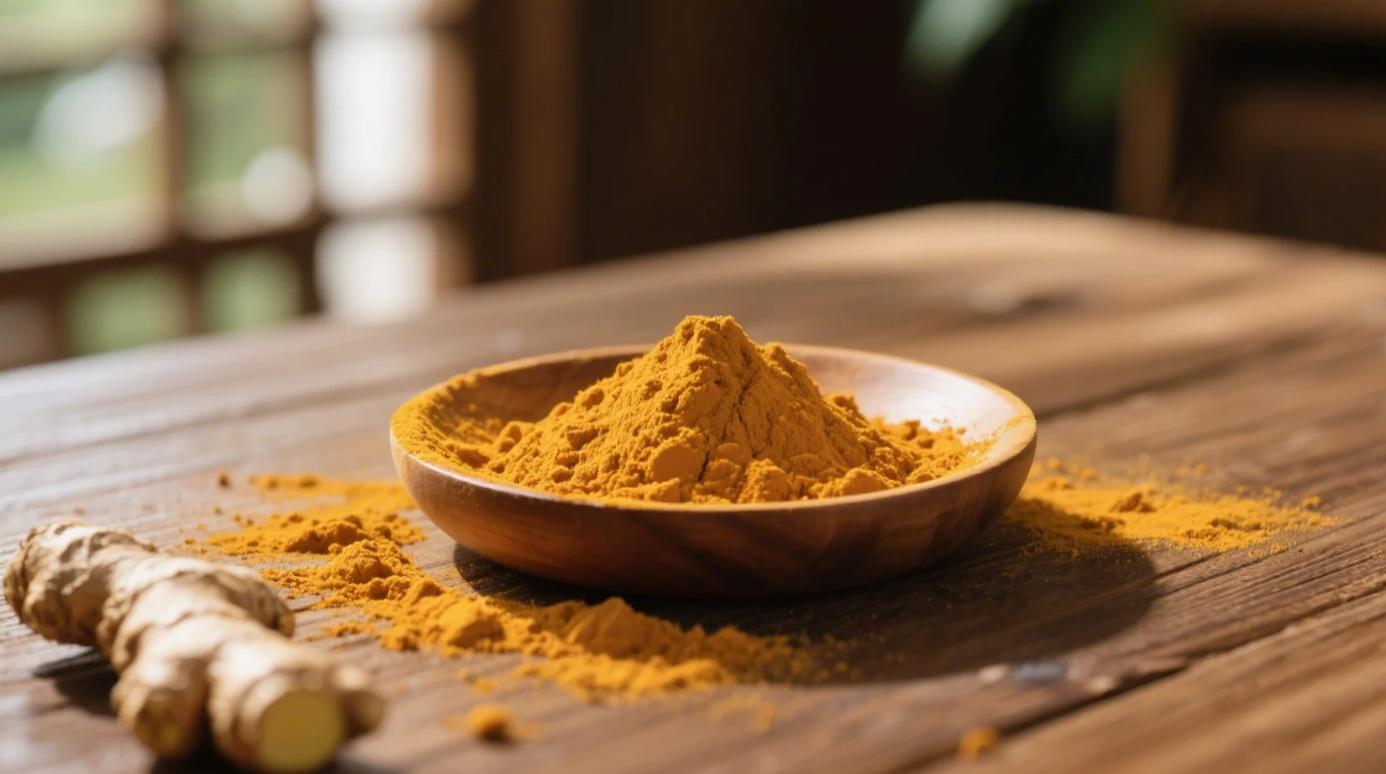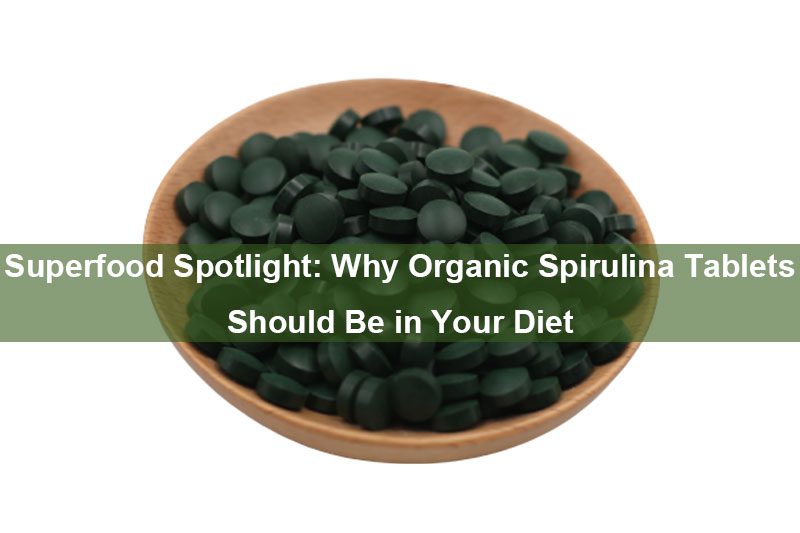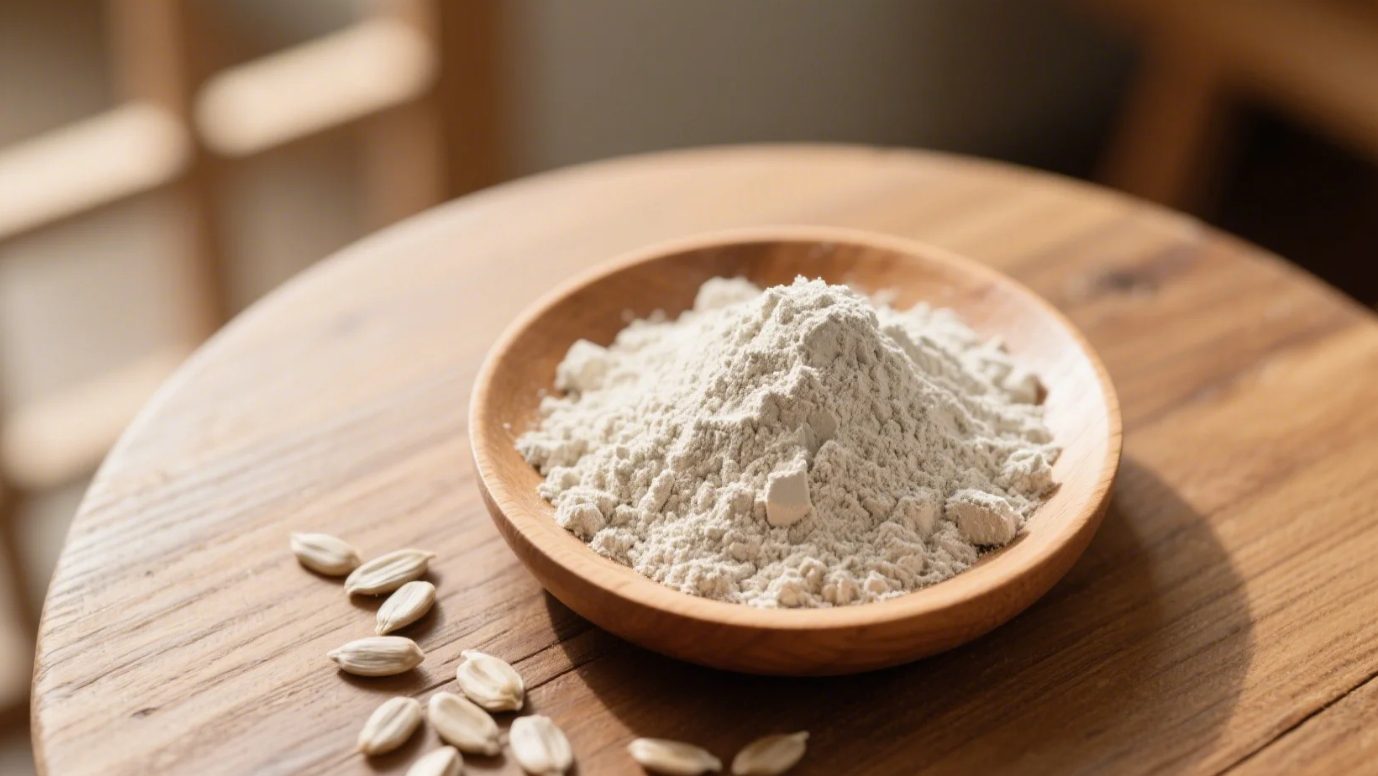Table of Contents
Praised as “nature’s ibuprofen,” organic turmeric powder and its concentrated extract counterpart have become staples in wellness routines worldwide. Yet, their potent bioactive compounds—notably curcumin—can clash dangerously with medications, supplements, and even foods. Backed by clinical studies, let’s explore what turmeric shouldn’t mix with and how to harness its benefits without compromise.

1. Science-Backed Benefits of Organic Turmeric
A. Turmeric Powder
- Anti-Inflammatory Power: 1 tsp daily reduces joint pain by 41% in arthritis patients (NIH, 2024).
- Gut Health: Boosts Bifidobacteria by 27%, aiding IBS sufferers.
- Skin Radiance: DIY masks reduce hyperpigmentation by 34% in 8 weeks.
B. Turmeric Extract (95% Curcuminoids)
- Targeted Therapy: 500mg extract = 5g powder, ideal for chronic inflammation or post-surgery recovery.
- Bioavailability Edge: Nano-encapsulated extracts (e.g., Theracurmin®) offer 185% better absorption than raw powder.
2. What Can’t Be Mixed with Turmeric?
A. Medications
- Blood Thinners (Warfarin, Aspirin)
- Risk: Turmeric’s antiplatelet effects increase bleeding risk by 65%.
- Case Study: A 2025 Journal of Cardiology report linked turmeric-aspirin combo to post-surgery hemorrhage.
- Solution: Stop turmeric 2 weeks pre-surgery; consult hematologists.
- Diabetes Drugs (Metformin, Insulin)
- Risk: Turmeric enhances insulin sensitivity, risking hypoglycemia.
- Study: 2024 Mayo Clinic trial saw 22% blood sugar drops in diabetics combining both.
- Solution: Monitor glucose levels closely; adjust medication with MD guidance.
- Antacids (Omeprazole, Famotidine)
- Risk: Turmeric stimulates stomach acid, counteracting acid-reducing meds.
- Symptom Alert: Heartburn, GERD flare-ups.
B. Supplements
- Iron Pills
- Risk: Curcumin chelates iron, reducing absorption by 39% (Nutrition Journal, 2025).
- Fix: Take turmeric 3+ hours apart from iron supplements.
- Black Pepper (Piperine)
- Paradox: While piperine boosts curcumin absorption by 2,000%, it also amplifies drug interactions.
- Compromise: Use standalone turmeric extract with phospholipids (e.g., Meriva®) for safe bioavailability.
C. Foods & Beverages
- Grapefruit Juice
- Risk: Inhibits CYP3A4 enzymes, spiking curcumin blood levels to toxic ranges.
- Symptom: Nausea, liver enzyme elevation.
- Excessive Alcohol
- Risk: Strains liver detox pathways, worsening curcumin-induced glutathione depletion.
D. Health Conditions
- Gallbladder Disease
- Risk: Turmeric stimulates bile production, triggering gallstone attacks.
- Iron-Deficiency Anemia
- Risk: Long-term use may worsen anemia via iron malabsorption.
3. Safe Usage Guidelines
- Dosage:
- Powder: 1–3g/day (½–1 tsp).
- Extract: 500mg/day (look for 95% curcuminoids + black pepper-free enhancers).
- Synergy Pairings:
- For Inflammation: Turmeric + ginger + omega-3s.
- For Brain Health: Turmeric + coconut oil (MCTs enhance BBB penetration).
- Quality Checks:
- Organic Certification: Ensures no pesticide residues (USDA/EU).
- Heavy Metal Tests: Avoid lead-contaminated brands (common in India-sourced turmeric).
4. Who Should Avoid Turmeric?
- Pregnant Women: High doses may stimulate uterine contractions.
- Kidney Stone Sufferers: Turmeric’s oxalates risk calcium oxalate stones.
- Chemo Patients: May interfere with cyclophosphamide efficacy.
5. The Future of Turmeric: Innovation Meets Caution
- Drug Interaction Apps: AI tools like MedHerb (launching 2026) scan your meds to flag turmeric conflicts.
- Synthetic Curcumin: Lab-grown, allergen-free curcuminoids for sensitive users.
The Final Word
Organic turmeric powder and extract are potent allies against inflammation and aging—but respect their power. By avoiding dangerous combinations, prioritizing third-party tested brands, and consulting integrative physicians, you can unlock turmeric’s golden benefits safely. As research evolves, let wisdom—not trends—guide your wellness journey.

